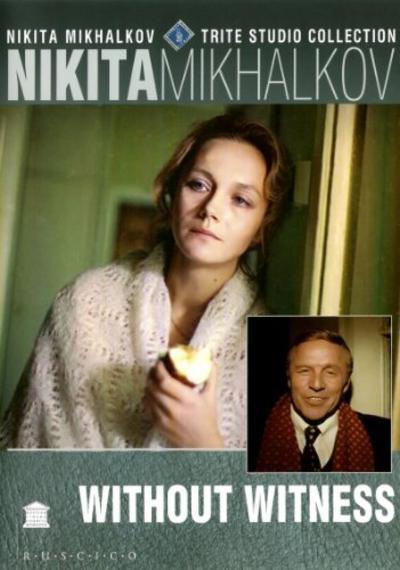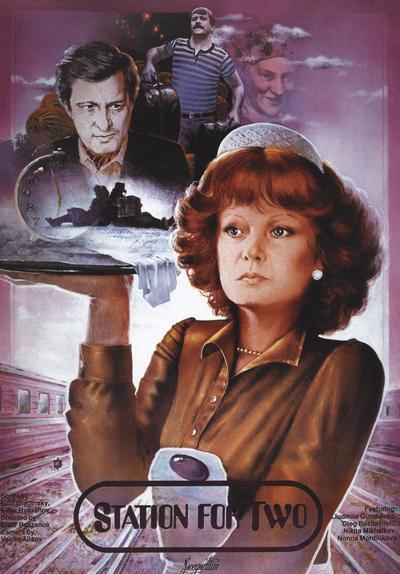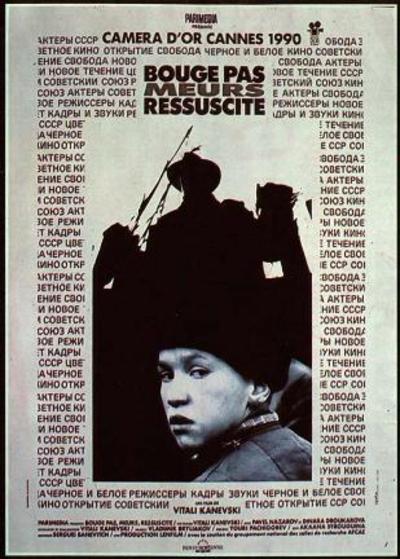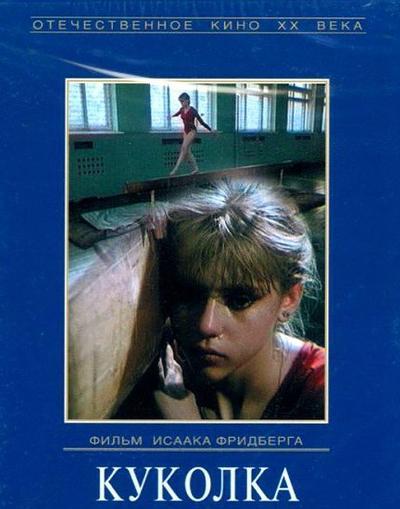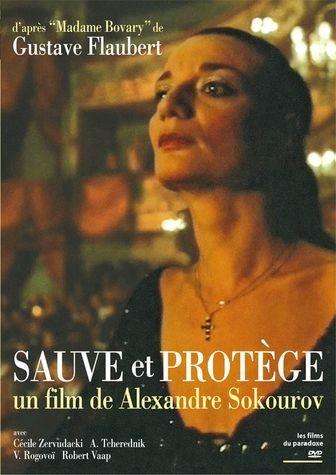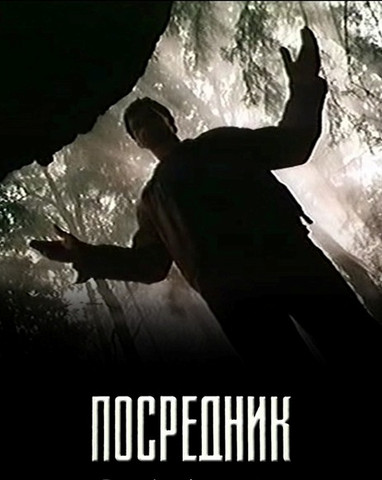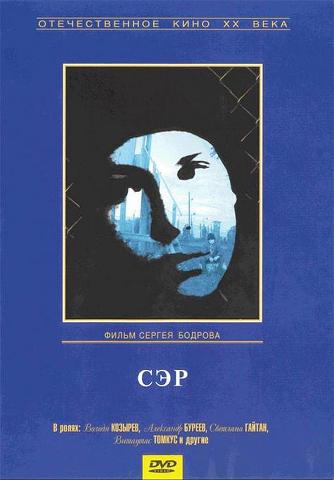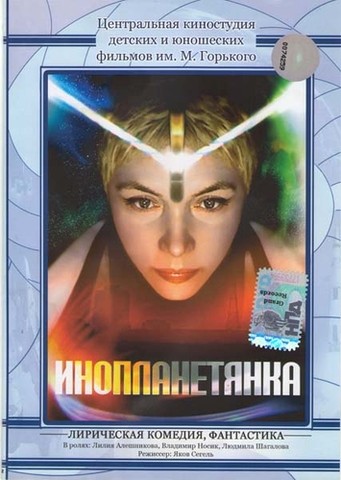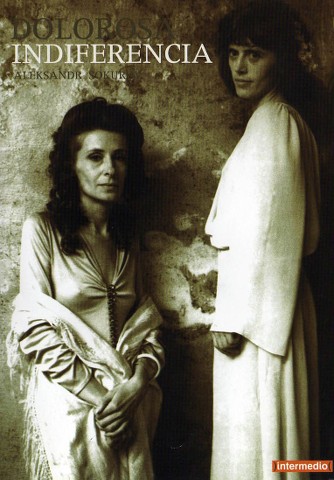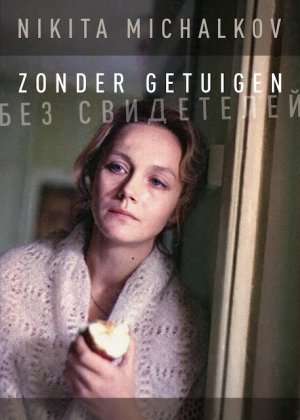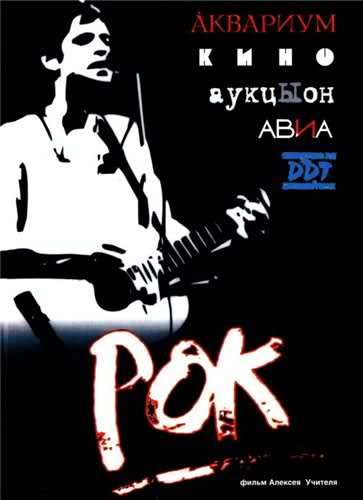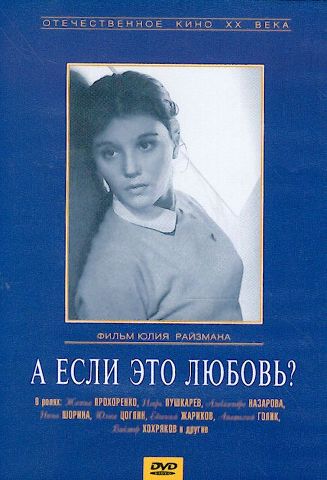
From an article by Natasha Drucbek-Meyer:
Quote:
Russian Parallel Cinema is a unique tradition. It appeared in the Soviet Union in the beginning of the 80s and existed as if there were no strong system of official film. It appeared when world experimental film had 50 years history, but never gave a glance at it.
In the end of the 80s, Parallel Cinema came into fashion, as a part of underground culture. The next decade started with strong desire to bury it, as a part of perestroika fashion. Today the third generation of Parallel Cinema is active. <...>
Social identification of the Parallel Cinema group of film and video makers started in underground and close to CINE FANTOM (historically incorrect name) magazine, the first and only Russian independent selfprinted magazine devoted to cinema. It was founded in Moscow in 1986 by Igor Aleinikov and existed until 1991.
In 1987 the first CINE FANTOM festival was held in Moscow. Since 1995 the CINE FANTOM club exists. If you type you"ll find the CINE FANTOM site. If you type in net search "Russian film", you"ll find the CINE FANTOM site again.
